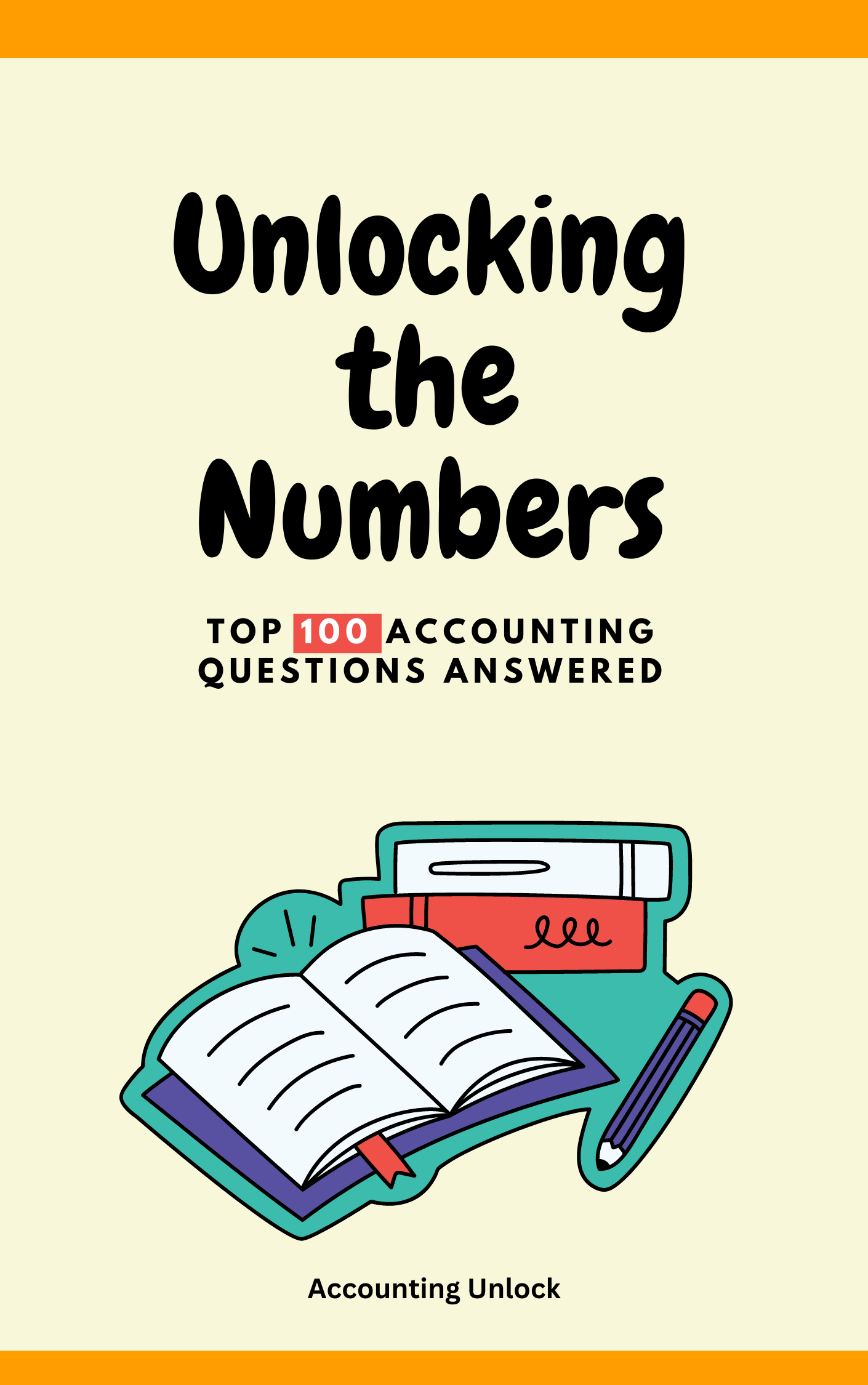Welcome, young learners! Today, we’re diving into the fascinating world of bookkeeping. Don’t worry if you’ve never heard of it before; we’ll break it down into bite-sized pieces. By the end of this article, you’ll be a budding bookkeeping expert!
What is Bookkeeping?
Bookkeeping is like keeping a diary for your money. Imagine you have a magical notebook where you jot down every coin you earn and every penny you spend. That’s bookkeeping! It’s the art of recording and organizing financial transactions in a neat and orderly way.
Why is Bookkeeping Important?
Great question! Let’s explore why bookkeeping matters:
- Business Clarity: Imagine you’re running a lemonade stand. You want to know how much money you’re making and spending. Bookkeeping helps you keep track of your lemonade sales, the cost of lemons, and the profits you’re raking in.
- Tax Time: When April comes knocking, the tax fairy wants to know how much you owe. Proper bookkeeping ensures you report accurate numbers to the tax fairy (also known as the IRS).
- Smart Decisions: Businesses use bookkeeping to make smart choices. Should they expand the lemonade stand to sell cookies too? Bookkeeping data helps them decide.
What bookkeepers do:
- Record income: Every lemonade sold adds to your treasure chest (income).
- Track expenses: Every ingredient and rent payment takes away from your treasure chest (expenses).
- Balance it all out: They make sure the “income treasure” equals the “expense treasure” (like a magic scale!).
Types of Bookkeeping
There are two main flavors of bookkeeping:
- Single-Entry Bookkeeping: Imagine a simple list where you write down your income and expenses. It’s like a basic to-do list for your money.
- Double-Entry Bookkeeping: This one’s a bit fancier. It’s like a dance where every financial move has a partner. For every dollar that comes in, another dollar goes out. It’s all about balance!
Tools of the Trade
Bookkeepers have cool tools in their toolbox:
- Ledgers: These are like your magical notebooks. They keep track of specific things, like how much you spent on lemons last month.
- Spreadsheets: Think of them as digital ledgers. Excel or Google Sheets can be your best friends.
- Software: Fancy bookkeepers use software like QuickBooks. It’s like having a super-smart calculator.
Conclusion
So, my young accountants, remember this: bookkeeping is the secret sauce that keeps businesses organized, tax fairies happy, and decisions smart. Keep those ledgers neat, and you’ll be a financial wizard in no time!





